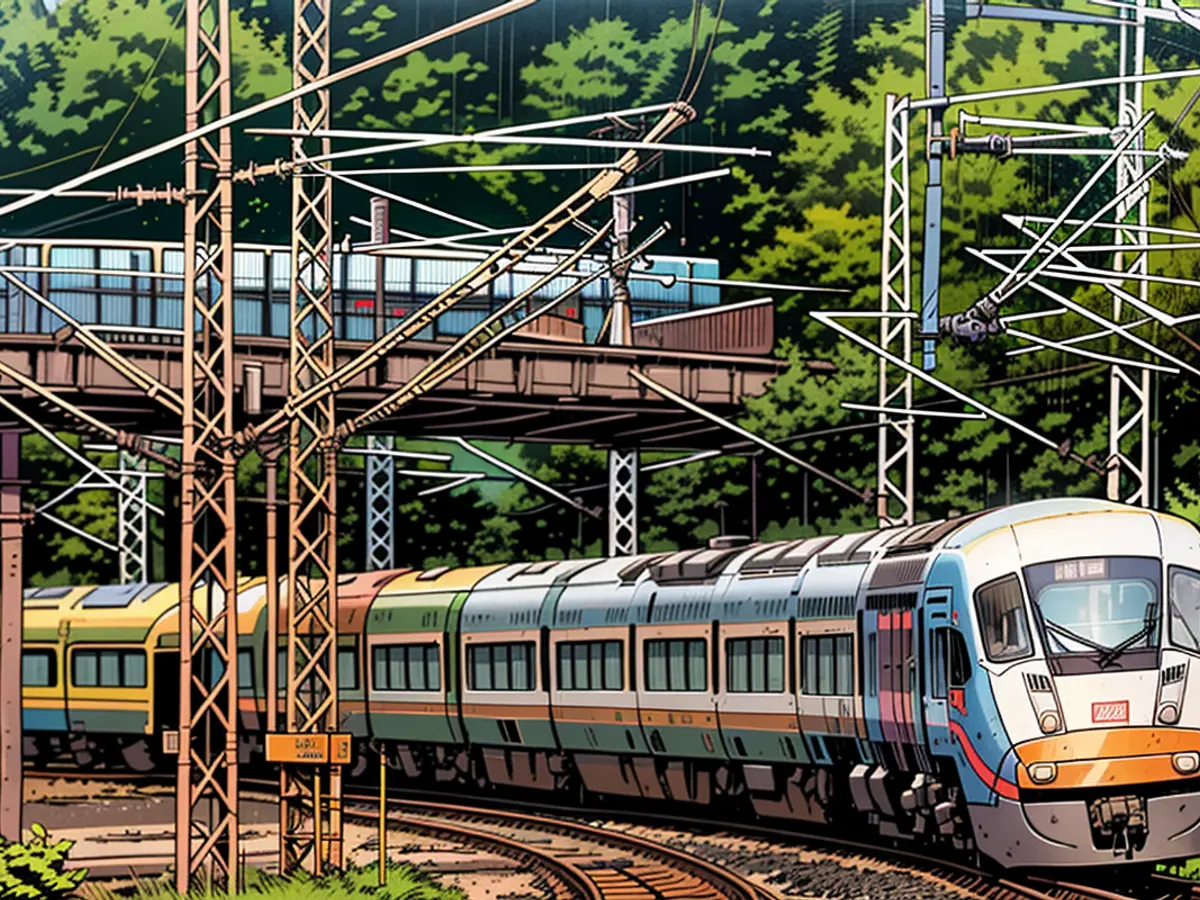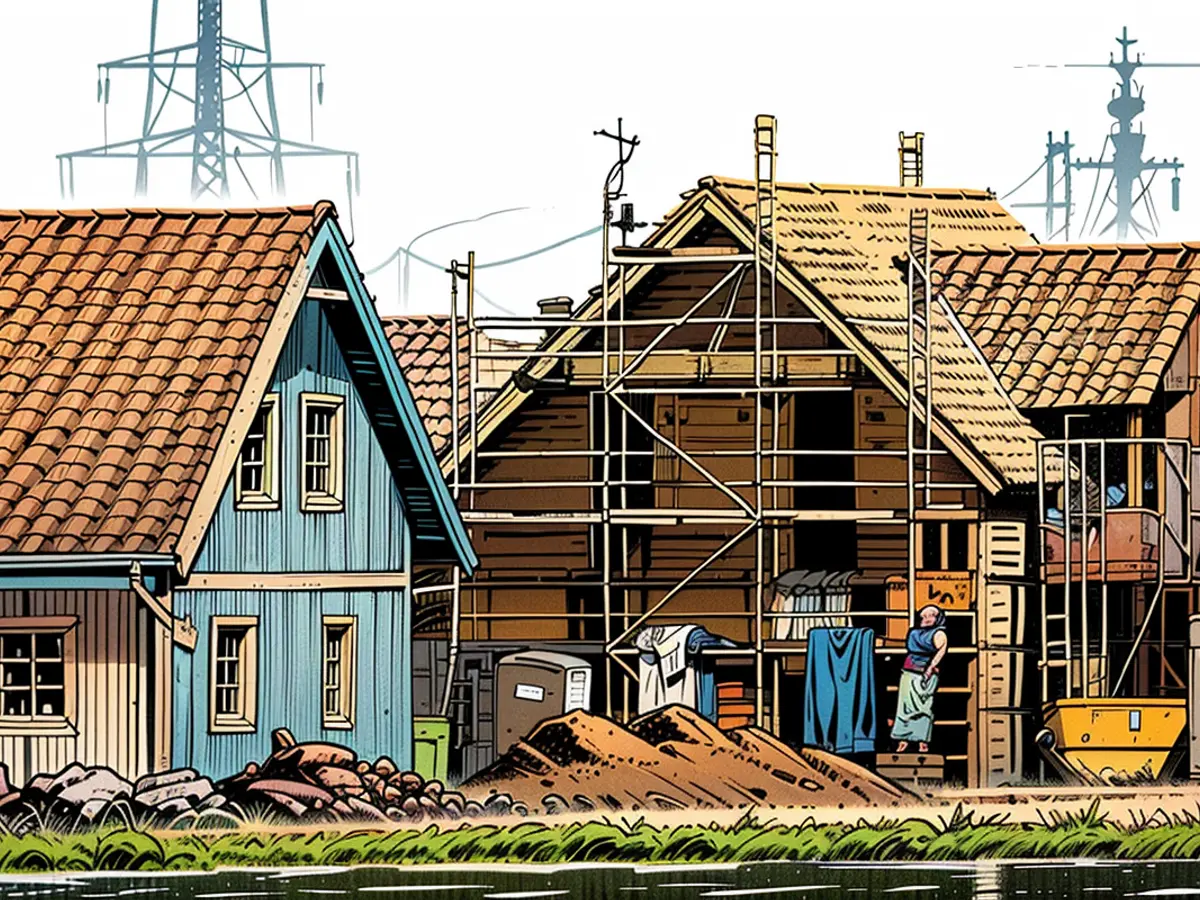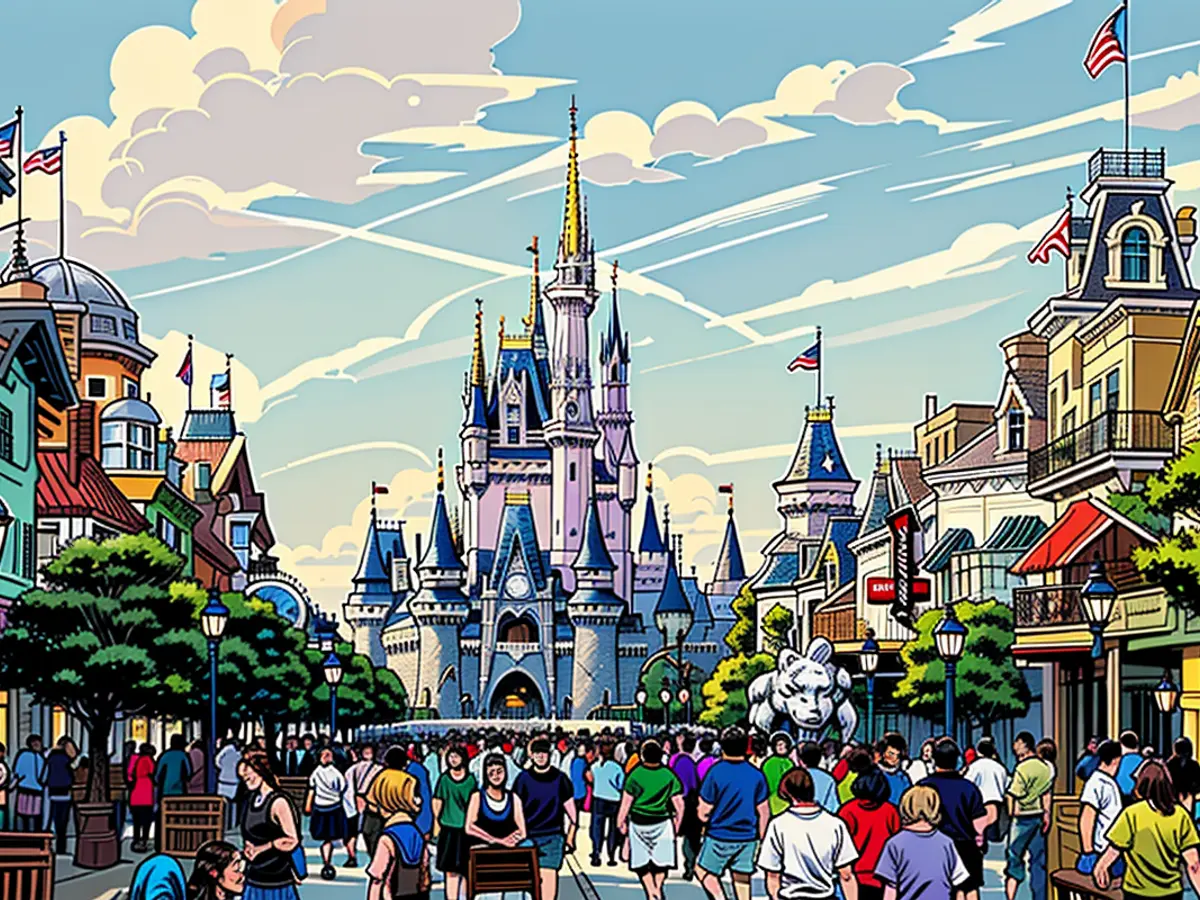- Berlin-Hamburg railway closed for several months
The railway line between Berlin and Hamburg is one of the most heavily traveled in the country. Around 30,000 passengers travel daily between the capital and the Hanseatic city by rail. However, the infrastructure is outdated and is set to undergo a comprehensive renovation. For this purpose, the connection will be closed twice for several months. The first closure begins this Friday. Here's what passengers need to know.
How long will the track be closed?
The construction work is scheduled to last from this Friday until the timetable change on December 14. This means there will be significant restrictions in long-distance and regional traffic for about four months. "Among other things, more than 74 kilometers of track and 100 switches between Wittenberge and Ludwigslust, as well as between Hamburg and Büchen, and around Hagenow Land will be renewed," the railway announced.
What will run during the closure?
Long-distance trains will be rerouted westward via Stendal, Salzwedel, Uelzen, and Lüneburg. This will increase travel time by 45 minutes. Since this route is partly single-track, only one long-distance train per hour will run between the two largest German cities instead of the usual two. For commuters between Hamburg and Wittenberge, a replacement bus service will be established, also serving Ludwigslust. The connections are already integrated into the online timetables and can be retrieved.
Are there any further restrictions?
Yes. From Friday, construction will also begin between Hamburg and Schwerin - until September 29. During this time, no ICE trains will run there. There will be a direct connection by replacement buses. Additionally, one Intercity train per day will run via Lübeck.
Meanwhile, another important high-speed line is now fully operational again: There are no more restrictions for travelers between Cologne and Frankfurt. They had to cope with detours due to construction work for nearly four weeks. The tracks and switches along the route have been renewed. "We finished on time," said Philipp Nagl, CEO of DB InfraGO, according to the railway's announcement. All ICE trains are now running without restrictions. The railway is resuming service at the Siegburg/Bonn, Montabaur, and Limburg Süd stops.
Is this already the comprehensive renovation?
No. The railway refers to the comprehensive modernization of more than 40 heavily traveled rail corridors in Germany as the comprehensive renovation. The company and the federal government aim to gradually make the outdated track network fit for purpose again between important junctions and improve the reliability of rail traffic.
Renovation of the first corridor on the so-called Riedbahn between Frankfurt and Mannheim has been underway for about a month. Next year, the route important for freight traffic, Emmerich-Oberhausen, and the Hamburg-Berlin route will be the focus.
From August 2025 to April 2026, there will be another closure between the Hanseatic and the capital cities. Tracks, switches, overhead lines, and signaling technology - everything will be renewed during these almost nine months. The route is then expected to be trouble-free for years, allowing trains to run more reliably than before.
Why doesn't the railway do all the work at once and close the track only once?
Due to the age of the route, some work can no longer wait. "Construction work in 2024 is necessary to ensure that trains can continue to run at full speed and there are fewer infrastructure disruptions," the German railway company said in a presentation. The company has intensively examined whether the construction measures can be bundled with the general renovation. However, legal deadlines for maintenance must also be met, making a delay impossible.
Why is the railway relying on general renovations?
The German railway is as unreliable as it has been for many years. In the first half of 2024, nearly every third long-distance train was late. The company blames this mainly on the dilapidated infrastructure, into which too little has been invested for decades. The federal government is now making up for this with billions. With each renovated main corridor, reliability throughout the entire railway network should gradually improve.
For passengers, this initially means additional burdens due to construction-related closures. It may take several more years before the situation noticeably improves.
The European Union has expressed its support for the comprehensive renovation of Germany's railway infrastructure, recognizing the importance of improving the reliability of rail traffic and connecting key cities such as Berlin and Hamburg. Passengers traveling within the European Union may need to adjust their plans due to the temporary closure of the train line between these two cities, as well as other routes undergoing renovation.







